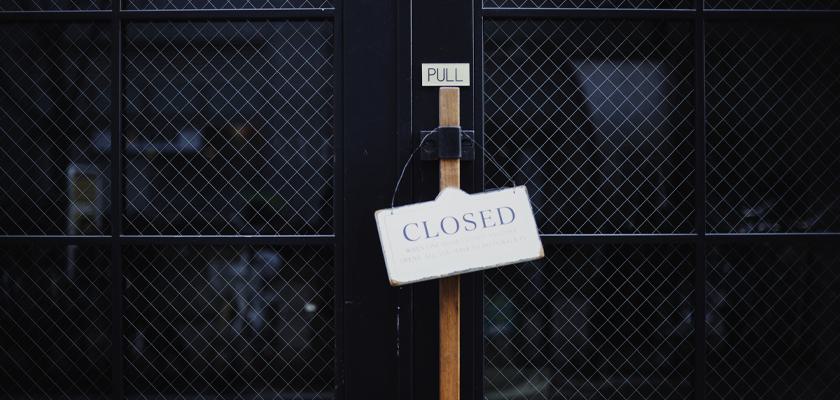The owner of a business that was forced to shut down after COVID-19 restrictions in Alabama is fighting back. A lawsuit has been filed against Gov. Kay Ivey and State Health Officer Dr. Scott Harris, and the attorney filing the suit on his client’s behalf says it’s about more than money.
On Saturday, March 19, the Alabama Center for Law and Liberty (ACLL) filed the lawsuit in the Circuit Court of Montgomery County. The date is significant because it has been two years since the start of the COVID pandemic, which means the lawsuit was filed just before the statute of limitations ran out on parties filing suit over the lockdowns.
1819 News spoke to Matt Clark, President of the ACLL, who filed the lawsuit on behalf of Saranne Riccio and her business, Uncorked Wine Shop & Tasting Room, LLC (Uncorked Providence).
“We want to hold the executive branch accountable for what it did and set a precedent [should] something like this [happen] again,” said Clark. “Even though Ms. Riccio’s business was not essential to the government, it was essential to her.”
In 2018, Riccio opened Uncorked Providence in Huntsville as a wine-tasting shop. Seventy percent of the shop’s gross revenue came from in-store tasting events.
Riccio argues her business was unable to operate because of the restrictions after being deemed “nonessential.” Those restrictions made it impossible to remain profitable, eventually leading to the loss of her lease and closure of her business.
According to a press release from the ACLL, “In April (2020), Dr. Harris subjected her business to a shutdown because the State considered it ‘nonessential.’ Even when the shutdown order was lifted, Dr. Harris and Governor Ivey subjected Uncorked Providence to substantial restrictions on who could dine inside the shop.”
The filing states “Plaintiffs have standing because Alabama Attorney General Steve Marshall announced that, while he hoped it would not come to this, state and local police would enforce the orders.”
In addition to compensation for Ms. Riccio, the case is also about “holding our government accountable for its actions, and defending the principle of separation of powers,” said Clark.
“Dr. Harris and Gov. Ivey ran the state for an entire year without any meaningful input from the legislature. The Alabama Constitution gives the legislative branch the authority to make the law and the executive branch the authority to execute the law. When the two powers are combined in the executive branch, people get hurt, as Ms. Riccio’s case demonstrates.”
Riccio may have reason to be hopeful as other states have recognized possible executive overreach.
“Suits in Wisconsin, Michigan, and Pennsylvania have resulted in successful precedents holding that, even in a pandemic, the executive branch’s authority is still limited. We hope that the Alabama courts will agree,” said Clark.
To connect with the author of this story, or to comment, email sean.taylor@1819news.com.










